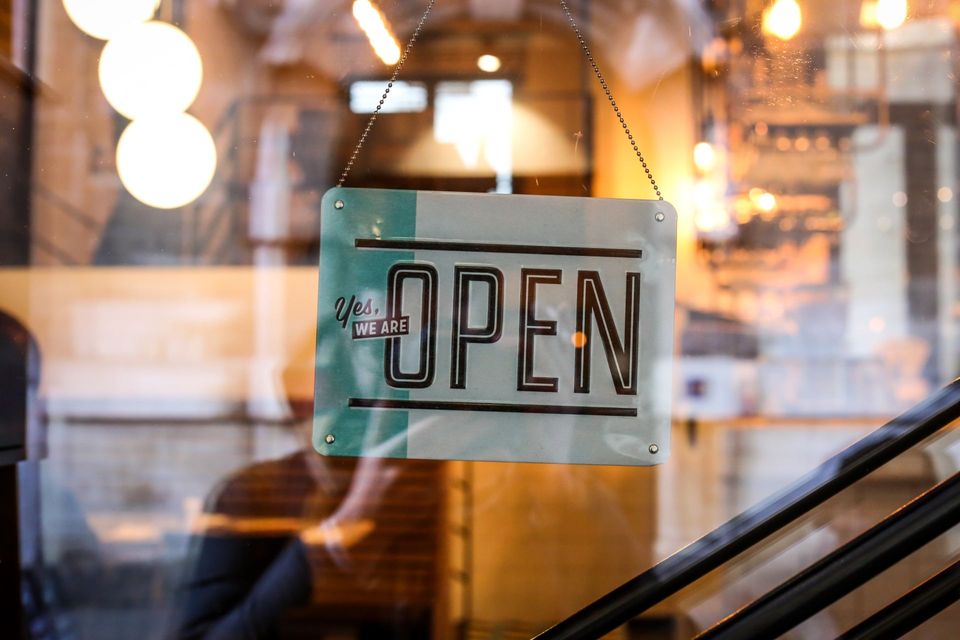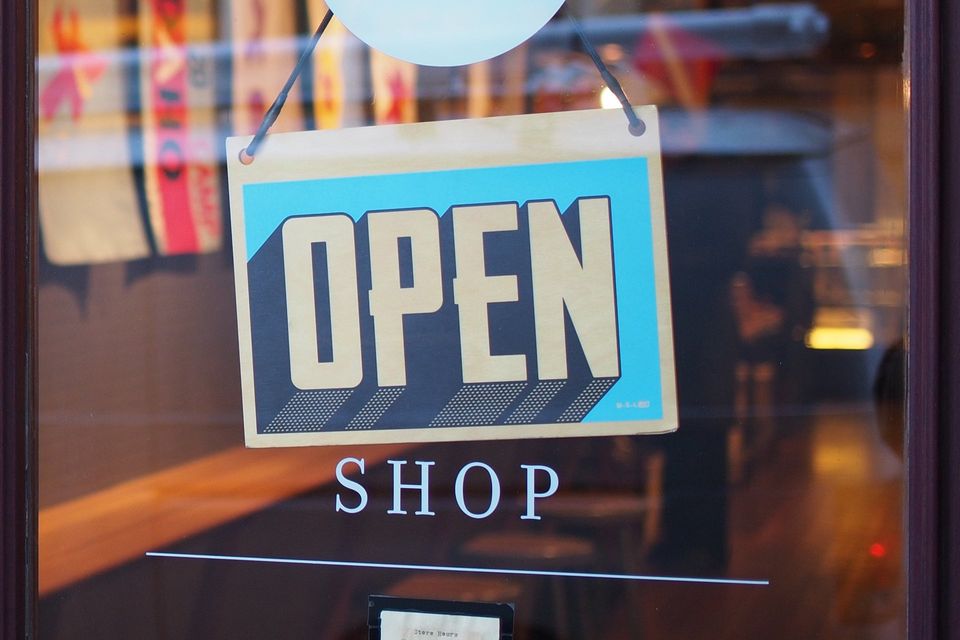Is Your e-Commerce Business Ready for Black Friday and Cyber Monday?
We’re not quite sure how it’s happened, and you may still have your pumpkins outside your front door, but it’s that time of year again where the shop-till-you-drop season is upon us. There are tons of deals and shoppers out there, but it takes some marketing magic to generate more sales.
So, when Black Friday and Cyber Monday are around the corner, what should e-commerce businesses consider in order to generate a significant customer engagement and needless to say; income?
We’ve put together our top tips to help you optimise your marketing efforts and streamline your operations for ultimate profitability this Black Friday and Cyber Monday.
Plan ahead
Would you say your website is in perfect condition to handle an increase in sales?
Do you have the infrastructure in place to handle a surge in customer service enquires?
Are you able to ship everything on time?
If you answered “yes”, let’s get rolling!
Think about analytics
First things first, get ready to collect data about your shoppers. Whether or not they make a purchase, you can gain a lot of insight about your products and the function of your website.
This also means evaluating previous years and sales. Look at what you’ve done in the past, pay attention to what worked and what didn’t, and utilise that information to improve your marketing and site’s function for this year’s sales.
Plan how to spread the word
Build anticipation through social media
Social media campaigns may seem like an obvious marketing suggestion, but social media is increasingly used by consumers to research, discover and purchase products online, particularly during the holiday season.
Using social media can help you to tease upcoming promotions before Black Friday and Cyber Monday and provide creative ways of distributing deals. You can also boost your posts to target specific audiences, but paid space is competitive on Black Friday and Cyber Monday, so be sure to target your campaigns wisely. Tailor your content to each platform and make an emotional connection with customers using inspiring imagery and highlighting positive testimonials.
TIPS:
- Encourage customers to share posts and tag friends.
- Schedule posts at peak times throughout the campaign.
- Offer exclusives to each social channel, using unique codes to help direct your decision making next year. Which platforms converted better? Where should you focus your efforts?
- Remember: Customers use social media as a customer service channel. Stay on top of your mentions and direct messages throughout the weekend.
- Design catchy but on-brand graphics
that don’t cheapen your profile—especially important for lifestyle brands.
Email marketing
Email marketing accounts for 25% of sales on Black Friday sales and 22% on Cyber Monday. As a small business competing for sales on Black Friday and Cyber Monday, email is a powerful tool.
Start thinking about your marketing strategy early and get a head start with consumers already in your database by sending email campaigns promoting your Christmas deals. A solid email campaign can have a huge impact on your conversions. The more segmented and targeted your emails, the higher revenue per recipient you’ll generate.
Over the 2018 Black Friday weekend, 2.13% of opened cart recovery emails resulted in a purchase. That’s a decent portion of your consumer base and can mean a solid jump in sales for your holiday shopping season.
TIPS:
- Segment your email lists.
- Re-engagement deals to lapsed customers.
- Exclusive gifts to loyal customers.
- Schedule your emails by time zone to reach your customers at optimal times.
- Install an email marketing platform to send unique codes to each customer.
- Simplify the design process by using predesigned or drag-and-drop templates.
- Use inspiration from other successful email marketing campaigns.
Strengthen your SEO
Tweaking your SEO is absolutely necessary if you wish to boost your sales over the festive period. Start by analysing last year’s sales to see what keywords worked well, which items were popular in search engines and which links on the website received the most traffic.
Establish your keywords and see whether there are any improvements that can be made on those for this year. If so, incorporate them into your copy.
Finally, revisit your items on your webpage to establish whether they are properly optimised. Ensure that your product descriptions are comprehensive and that your meta description include the proper target keywords. While this can be a bit tedious, it’s necessary if you want to keep your website relevant.
TIPS:
- Ensure that you’re using a quality hosting provider. This can help your site to rank highly.
- Use an SEO plugin.
- Choose a site theme that’s designed with SEO in mind and is responsive, meaning it works across all devices.
- Improve your permalink structure.
- Get wordy! Long-form content is rewarded by Google algorithms, so ensure your blog posts are comprehensive and provide value.
- Resize your photos to increase load times and use the right file format.
Optimise for mobile-buying first
Any brand should put mobile at the top of their priorities at this digital age, especially when you are an e-commerce brand around Black Friday and Cyber Monday. Why? Well, according to Adobe Analytics, 75% of millennials are more likely to shop on their smartphones than on desktops . And Facebook declared that during Black Friday, mobile transactions account for 51% of all conversions on Facebook.
Your website needs to be mobile-optimized to handle the increasing traffic. Test your website over a broad range of devices. Be absolutely certain that your website loads properly and is easy for customers to find items, apply discounts, and make a purchase .
Increase your site speed
Every second a page loads, the worse a site’s bounce rate gets, as reported by
Google’s mobile page speed study.
No doubt, you’ll spend a lot of time promoting great deals and showcasing amazing products, you don’t want your customers to have to wait many minutes to buy them. If they do have to wait, they will probably go elsewhere, and to another ecommerce store that's faster to use.
Make sure your server can handle the extra traffic from shoppers on Black Friday, Cyber Monday, and the rest of the holiday season.
Also pay attention to any extra apps you may be using for functionality on your website. Some of them can actually slow down page loading times and cause other problems. Take time to double check how everything is working far enough in advance that you can fix any problems you encounter.
TIPS:
- Choose a good hosting provider (Check! We’ve got your back ).
- Minify resources like JavaScript and CSS.
- Optimise your images.
- Get rid of outdared or unused plugins.
- Utilise expired headers.
- Leverage browser caching.
Customer service that brings Christmas cheer
While fast fulfilment is an important factor in ensuring great customer service, you need to create a positive overall shopping experience to truly attract big customers. At this particular time of year, you’re more likely to generate a greater number of new customers, and you don’t want to miss out on an opportunity to convert one-time shoppers into life-long customers.
Also, ensure you are available. It is likely that customers may have an urgent question, answer their question promptly and leave them with a positive and memorable customer service experience.
TIPS:
- Streamline the checkout process.
- Enable a live chat function on your site.
- Communicate order status.
- Facilitate fast shipping and fulfilment.
- Offer rewards, points and loyalty programs.
- Follow-up with emails for special offers and product recommendations.
Black Friday and Cyber Monday are a big deal for your website, so it makes sense to start planning your site and strategy now!
With a website that is primed for handling the e-crowds combined with a solid marketing strategy, you’ll be able to conquer Black Friday and Cyber Monday and hopefully turn those seasonal shoppers into life-long customers.
Not sure if your website is Black Friday ready? Get in touch to see how we can help!
More Posts.










